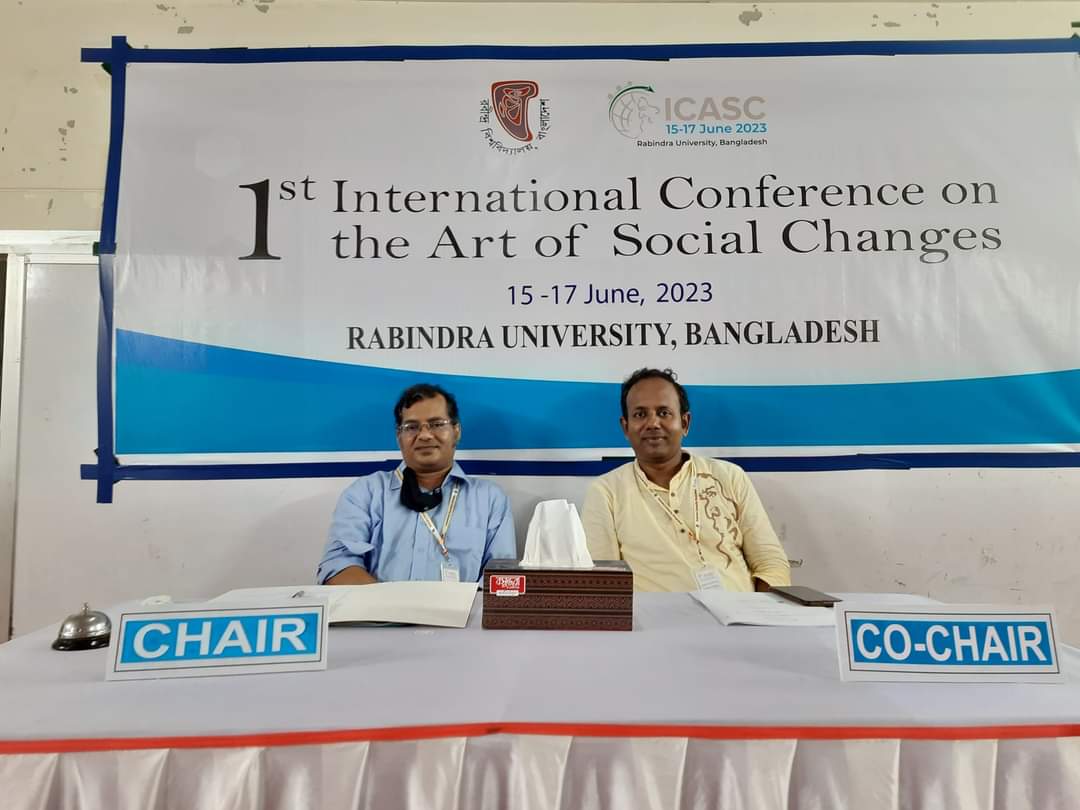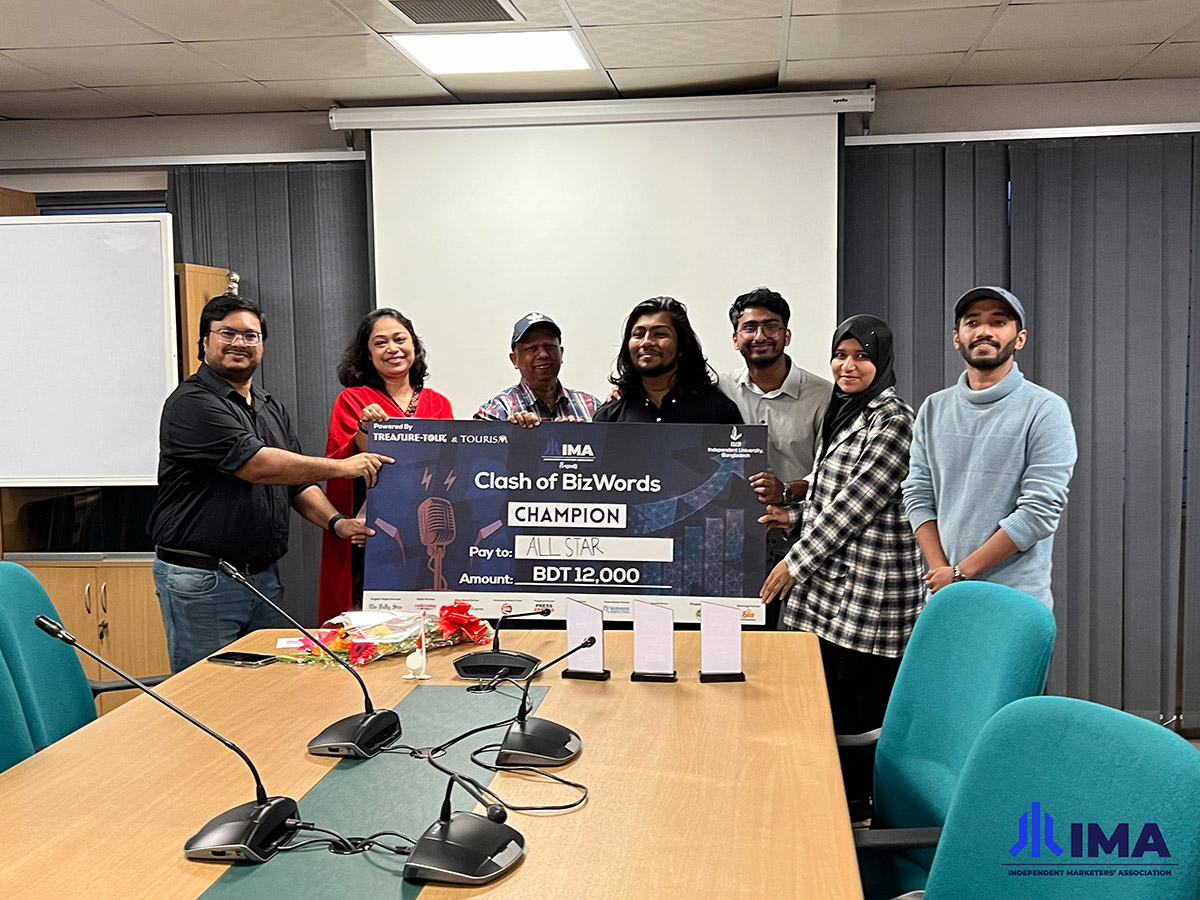HRM 541E Manpower Planning & Personnel Policy (3 credits)
This course is designed to equip the students with the techniques of developing personnel policy and implementation. It includes a detailed study of environmental trend analysis, manpower planning models, manpower needs and personnel information system to forecast manpower needs and considerations of some indicators of manpower effectiveness. Policy issues considered include work force composition, wage and salary administration in the context of developing countries.
(Prerequisite MBA 501E & MBA 509E)
HRM 542E Labor & Industrial Law (3 credits)
This course is a walk in the legal corporate park of Bangladesh. Labor & Industrial Law deals with the basic principles of corporate law in the classroom, which takes a look at the market and brings the real issues to the forefront. This course covers foreign investment, industrial restructuring, privatization, joint ventures, stock exchanges, taxation, globalization, environmental policy, labor issues and e-commerce.
(Prerequisite MBA 501E & MBA 509E)
HRM 543E Labor Relations & Collective Bargaining in a Global Economy (3 credits)
Familiarizes students with the practice of labor-management relations in Bangladesh. The nature of labor-management conflict, the development of the Bangladesh labor movement, and a comparison to other Western labor movements provides the theoretical and historical framework needed to assess the effectiveness of current practice and trends in the development of new practices and institutions. The major areas of study are the tactics and strategies of management and union representatives and the legal and economic constraints on their behavior in the organization of unions, contract negotiation, and contract administration and interpretation.
(Prerequisite MBA 501E & MBA 509E)
HRM 544E Leadership & Conflict Management (3 credits)
This course deals with theoretical and practical concepts of leadership and conflict management. It examines the complementary qualities of leadership and management factors and their impact on organizational effectiveness and corporate success. Conflict is inherent in organizations. Conflict arises whenever independent parties-individuals, departments, organizations-must secure an agreement. This course presents a variety of frameworks for analyzing conflicts and techniques for resolving conflicts. Many dimensions of conflict are discussed, including relevant psychological, interpersonal, organizational, and cultural dynamics. This course reviews strategy and tactics in various conflict resolution procedures, including bargaining, distributive and integrative negotiation, mediation, and arbitration. A conceptual understanding is of little use, however, without an understanding of how to put strategy and tactics into practice. To this end, considerable emphasis will be placed on exercises and role-play simulations of conflicts designed to develop students’ negotiation skills. Case studies are extensively used as instruction materials.
(Prerequisite MBA 501E & MBA 509E)
HRM 545E Personnel Training & Development (3 credits)
This course covers human resource management issues related to training and development. It includes methods for identifying training needs, developing training content, conducting training sessions, and evaluating the effectiveness of training according to organizational and individual objectives. It also covers special training topics such as developing management careers, identifying and developing management talent, using performance appraisal for coaching and development, and training for contemporary issues such as customer service orientation, diversity, sexual harassment, and stress management. Concentration: Required course for Human Resource Management concentration and elective course for Management concentration.
(Prerequisite MBA 501E & MBA 509E)
HRM 546E Strategic Human Resources Management (3 credits)
The basis of any success of an organization depends on the corporate outlook and the long term human resource planning. This course is exclusively designed to address the issues related to strategic decisions in human resource planning.
(Prerequisite MBA 501E & MBA 509E)
HRM 547E Human Resources Management System (3 credits)
With the growth in the information technology the dependence on information technology in all sphere of management including human resources has increased substantially. This course aims at modernizing and increasing the efficiency of human resources managers through proper use of computer based information.
(Prerequisite MBA 501E & MBA 509E)
HRM 548E Human Resources Accounting
The purpose of this course is to focus on different aspects of Human Resources Accounting (HRA), which is in fact inextricably linked up with Human Resources Management (HRM). To fulfill the requirement of this course, emphasis may be laid on the topics including Human Resources Accounting: its meaning, objectives and historical development, HRA and conventional accounting theory, moving frontiers of personnel management: HRM and HRA, impact of HRA information on personnel management decisions, applicability of HRA to external financial reporting, measurement of Human Resources Value (HRV) and different models related thereto, methodology of accounting for human resources, should HRV be put on the position statement? HRA-incorporated external financial reports vis-à-vis decisions regarding selection of an organization for share investment purposes, HRA: professional stance in Bangladesh and the like.
(Prerequisite MBA 501E & MBA 509E)





